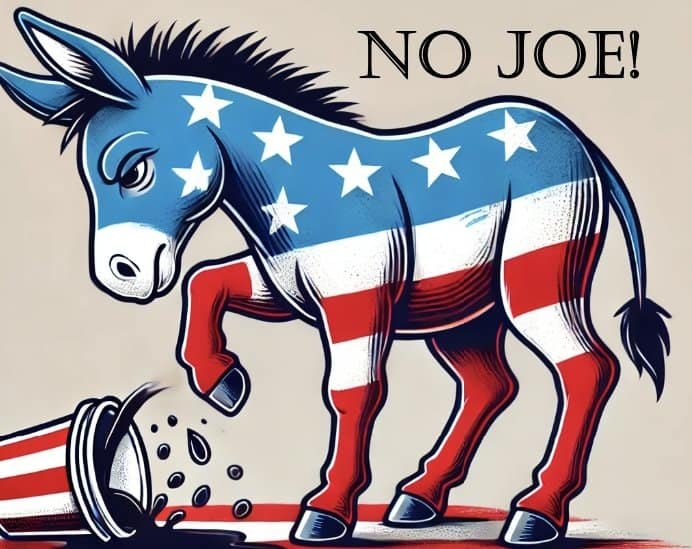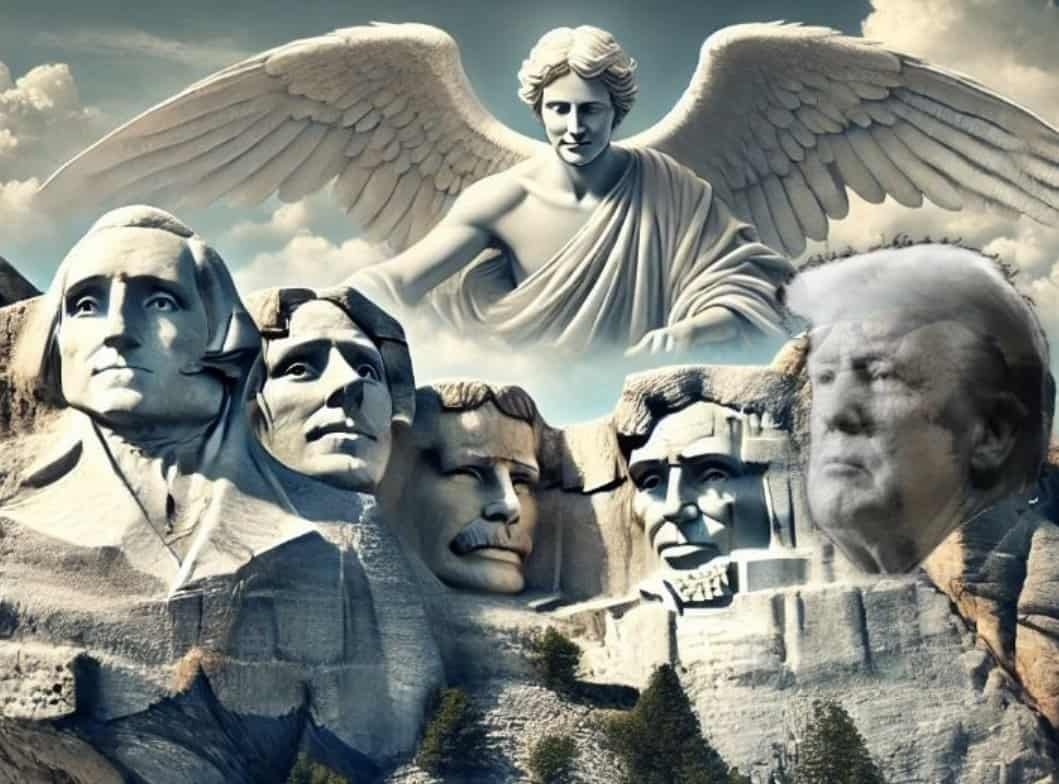In an era where political rhetoric often overshadows concrete action, “What Have You Done for America?” emerges as a poignant critique of leadership that falls short of its promises. This powerful song serves as a voice for the frustrations of many who feel disillusioned by empty speeches and the lack of meaningful change. With its sharp lyrics and evocative imagery, the song questions the loyalty and contributions of those in power, urging them to reflect on their roles and the impact they have on the nation. Let’s explore the depth of this song’s message, its critique of political leadership, and its call for accountability.
A Critical Commentary on Political Leadership
At the heart of “What Have You Done for America?” is a searing critique of political leadership. The song does more than just point fingers. The anthem delves into the disappointment and frustration felt by those who have watched leaders make grand promises, only to see those promises fade away into unfulfilled rhetoric. The lyrics express a deep sense of disillusionment, reflecting the sentiments of citizens who feel let down by those they trusted to guide the nation.
The song challenges leaders to reflect on their actions—or lack thereof. It’s a direct and unflinching call for leaders to take a hard look at what they’ve actually done for the country, rather than what they’ve merely said they would do. This critique goes beyond specific policies. The lyrics tackle the broader issue of trust and the responsibility that comes with leadership. The song suggests that true leadership is measured by tangible outcomes rather than empty words.
The Symbolism of Kamala and the Electric School Bus
One of the most striking elements of “What Have You Done for America?” is its use of symbolism, particularly in the figure of Kamala and the recurring chorus about the electric school bus. Kamala, in this context, is not just a person. She represents a broader group of leaders who have become symbols of unfulfilled promises and missed opportunities. The song uses her figure as a focal point for its critique, questioning her contributions and her role in the current political landscape.
The chorus’ mention of an electric school bus serves as a metaphorical device, suggesting that it’s time for these leaders to step aside, to “take a ride home,” and make way for new leadership. The electric school bus, a symbol of progress and change, is ironically juxtaposed with the idea of departure, indicating that the progress promised has not been realized, and time has come for a new direction. This metaphor underscores the song’s message that leadership is not about staying in power but about making a positive impact while in power.
Expressing Frustration and Disillusionment
The song “What Have You Done for America?” taps into a deep well of frustration and disillusionment that many feel toward the political system. The lyrics are raw and direct, capturing the anger and disappointment that comes from witnessing leaders fail to deliver on their promises. This emotional undercurrent is what gives the song its power and resonance. Beyond a mere critique, the song is a heartfelt expression of the sense of betrayal felt by those who believed in these leaders.
The frustration expressed in the song is not merely personal either. The frustration is collective speaking to a broader societal discontent, where people are tired of hearing the same old speeches without seeing real change. The song’s critical tone reflects a demand for something more substantial where actions match words, promises are kept, and American leadership is genuinely committed to the well-being of the nation.
A Call for Accountability and Truth
Beyond its critique, “What Have You Done for America?” is also a call for accountability. The song urges leaders to be honest about their contributions and to take responsibility for their actions. It’s a reminder that leadership comes with a duty to serve the people, and that duty cannot be fulfilled with mere rhetoric. The song demands truth, in words, and in deeds—a truth that is reflected in the policies enacted, the lives improved, and the promises kept.
Accountability, as presented in the song, is about answering to critics and being answerable to the nation and its future. The lyrics suggest that without accountability, leadership loses its legitimacy and its ability to inspire. The song calls on leaders to rise above unfulfilled promises, to take action that truly benefits the country, and to lead with integrity and purpose.
Urging a Rise Above Unfulfilled Promises
The ultimate message of “What Have You Done for America?” is a call to rise above unfulfilled promises. The song doesn’t just critique what has been done wrong, but encourages a movement toward what can be done right. It’s a plea for leaders to stop making empty promises and start making real, positive changes that will benefit the nation and its people.
Still, a call to rise above is not just directed at leaders, but is also aimed at the listeners. The song invites everyone to demand more from those in power, to hold them accountable, and to push for leadership that is genuinely committed to the future of the country. The anthem is a call to action for a more engaged and discerning citizenry, one that refuses to settle for anything less than true progress.
A Powerful Message for the Future
“What Have You Done for America?” is a powerful commentary on the state of political leadership and a call for accountability and meaningful change. Through its sharp lyrics and evocative imagery, the song captures the frustration of a nation disillusioned by empty promises and unfulfilled rhetoric. It challenges leaders to reflect on their actions, urges them to take responsibility, and calls for a rise above the status quo for the sake of the country’s future.
As you listen to “What Have You Done for America?” let its message resonate with you as a reminder that leadership is not just about words but about actions that make a real difference. It’s a call to demand more from those in power and to push for a future where promises are kept, and the nation’s true potential is realized. So, reflect on the message, and join the movement toward accountability and meaningful change.





